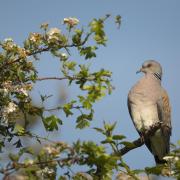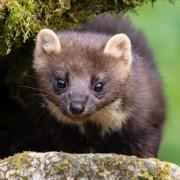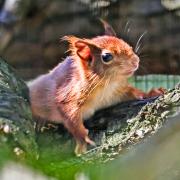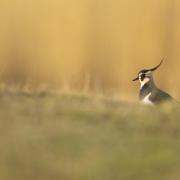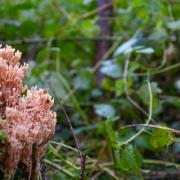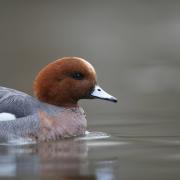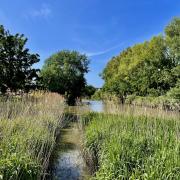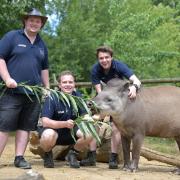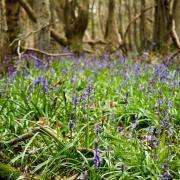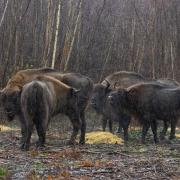Toads are in decline, but we can all help conservation efforts by making our gardens wildlife friendly

The recent news of declines in common toad populations has come as no surprise to Kent Wildlife Trust, where efforts are being made to aid their survival.
Toads are now a priority species in the UK Biodiversity Action Plan, reflecting the concern shared by many that the common toad (Buffo buffo) might be under threat. Toads are found almost everywhere, except for the Scottish Islands, Northern Ireland, the Isle of Man, the Isles of Scilly and most of the Channel Islands.
Causes of declines are likely to include habitat loss – both ponds (which are vital for breeding) and terrestrial habitat – and deaths on roads during the breeding migration.
Toads can emerge from hibernation any time from February onwards, depending on weather conditions, and will travel up to one kilometre from their terrestrial habitat to breeding ponds.
They are, therefore, particularly vulnerable as they cross roads en masse during the breeding season – an effect that may be exacerbated by increasing traffic volume. Unfortunately, the sight of many hundreds of toad fatalities on the county’s roads is all too familiar.
Other factors that may be influencing the decline include changing agricultural practices and climate change. There is some evidence of a north-south divide in status, with populations more stable in the north but declining in the south.
Dr Paul Tinsley-Marshall, Kent Wildlife Trust’s Conservation Evidence Ecologist, says: “In Kent there are nine ‘toad crossings’ with active toad patrols, including those adjacent to Kent Wildlife Trust nature reserves at Bough Beech, and at Stalisfield in the Wilderness Down Living Landscape area where the Trust has recently created 19 new ponds.
“Here, in 2016, at the Holbeam West site, toad spawn was recorded for the first time, and our conservation efforts in our Living Landscapes throughout Kent aim to increase habitat connectivity to benefit toads, among many other species.”
You can help encourage toads and other amphibians into your garden by having a wildlife-friendly pond and leaving piles of logs under which they can hibernate.
Find out more
Kent Wildlife Trust’s Wild About Gardens initiative can help you plan your garden to benefit all manner of creatures. For details go to www.kentwildlifetrust.org.uk/discover-learn/wild-about-gardens-awards or email maureen.rainey@kentwildlife.org.uk
In addition, the Kent Reptile and Amphibian Group (KRAG) project, Getting Toads out of a Hole, aims to gain a better understanding of toad distribution in Kent, identify important breeding and terrestrial habitat sites, and develop a habitat suitability model for toads.
Go to www.kentarg.org/Projects/getting-toads-out-of-a-hole for information.




